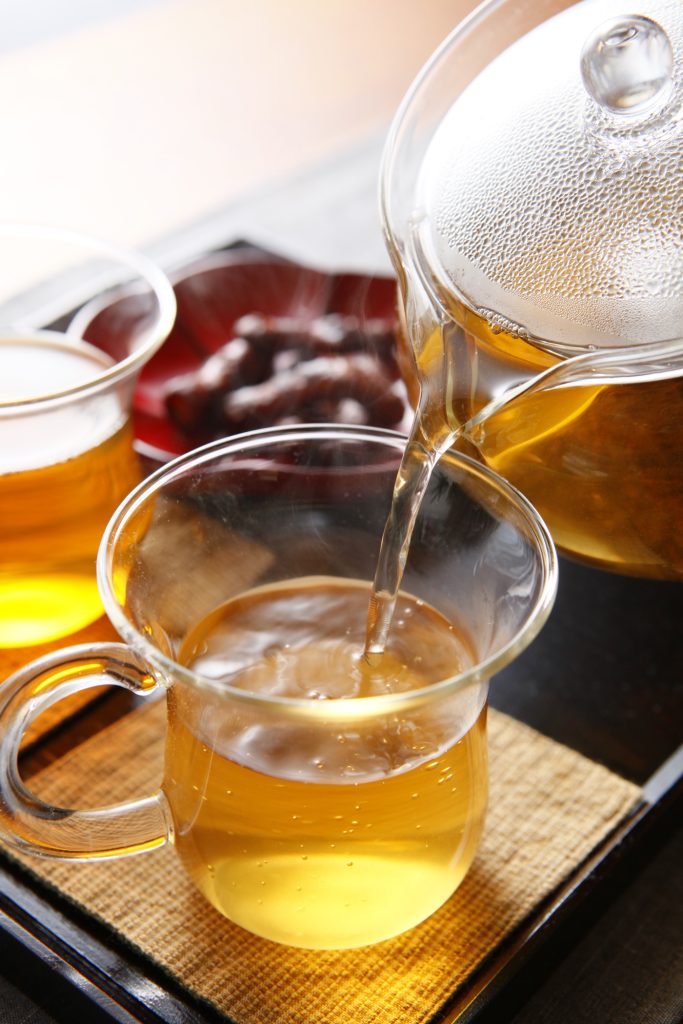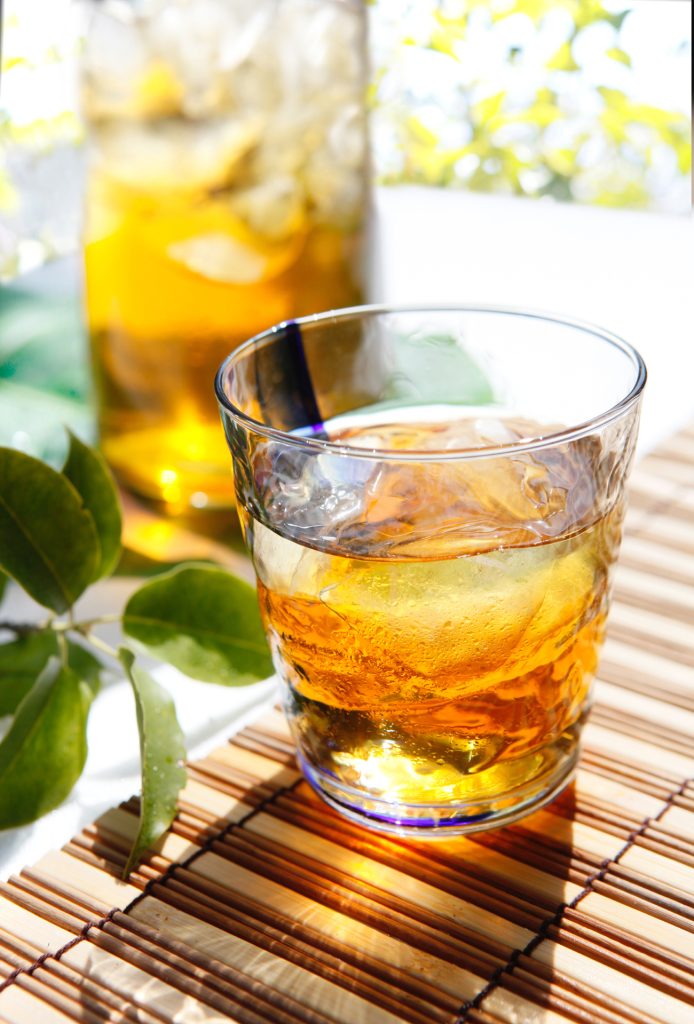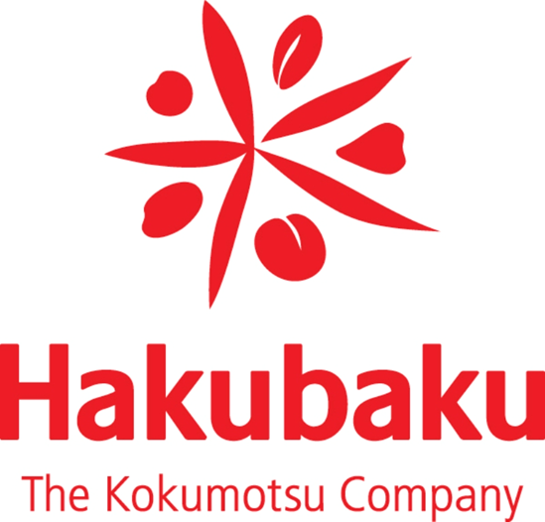What is Barley Tea?
Barley tea is a classic Japanese beverage with an aromatic, refreshing taste that never gets old. Unlike coffee, black tea, and oolong tea, barley tea contains no caffeine, so it does not disturb a good night’s sleep, and it has long been loved as a safe drink for babies and the elderly. In recent years, the health benefits of barley tea have become clear, and it is attracting more and more attention.
Benefits of Barley Tea
Aromatic barley tea thins the blood.
Barley tea, an essential summer hydration drink, not only moistens the throat, but also improves blood flow. This is because “alkylpyrazines,” the components of barley tea’s savory aroma, have a blood-thinning effect. This was proven in a study*1 that examined the state of human blood after drinking barley tea and mineral water. According to the test, there was no particular change in the blood before and after drinking the mineral water, but after drinking the barley tea, the blood flow improved, and the effect lasted up to 60 minutes after drinking the water. During the summer, when people sweat, the body’s water content decreases, blood becomes thicker, and clots (blood clots) are more likely to form, which increases the incidence of stroke.
Frequent hydration is important not only to prevent cerebral infarction but also heat stroke. In addition to its blood-thinning effect, Barley tea, which is caffeine-free and has no diuretic effect, is especially recommended for rehydration during summer.
Expected to have a preventive effect against lifestyle-related diseases due to its antioxidant effect.
It is also known that Barley tea has antioxidant properties.
It is “active oxygen” that damages cells and causes various diseases such as cancer, stroke, atherosclerosis, and myocardial infarction. Antioxidant action refers to the suppression of these active oxygen species. Polyphenols are well known as ingredients with antioxidant properties. Anthocyanins in blueberries, catechins in tea, and isoflavones in soybeans are well-known examples.
Barley tea also contains several polyphenols, and like other polyphenols, it suppresses active oxygen*2 and supports health.
*1 J.Nutr.Sci.Vitaminol; 48,165-168, 2002
*2 Kajimoto G et al. Journal of the Japanese Society for Food Science and Technology 1999; 46: 67-74.
How to enjoy Barley tea.
Barley tea can be enjoyed with hot or cold water extraction method you prefer.
HOT water extraction

- Bring water to a boil in a kettle or similar container.
- Once boiling, turn off the heat and add the Barley tea bags.
- After about 1 hour, remove the Barley tea bag and transfer to another container.
- It can be served cold or hot.
- It has a refreshing taste with little clutter.
COLD water extraction

- Place the Barley tea bag in a pot of cold water and place in the refrigerator.
- After about 2 hours (when the water has cooled), remove the Barley tea bags.
- Soft water is recommended for brewing barley tea.
- Please refrigerate the barley tea you have made and drink it as soon as possible.


